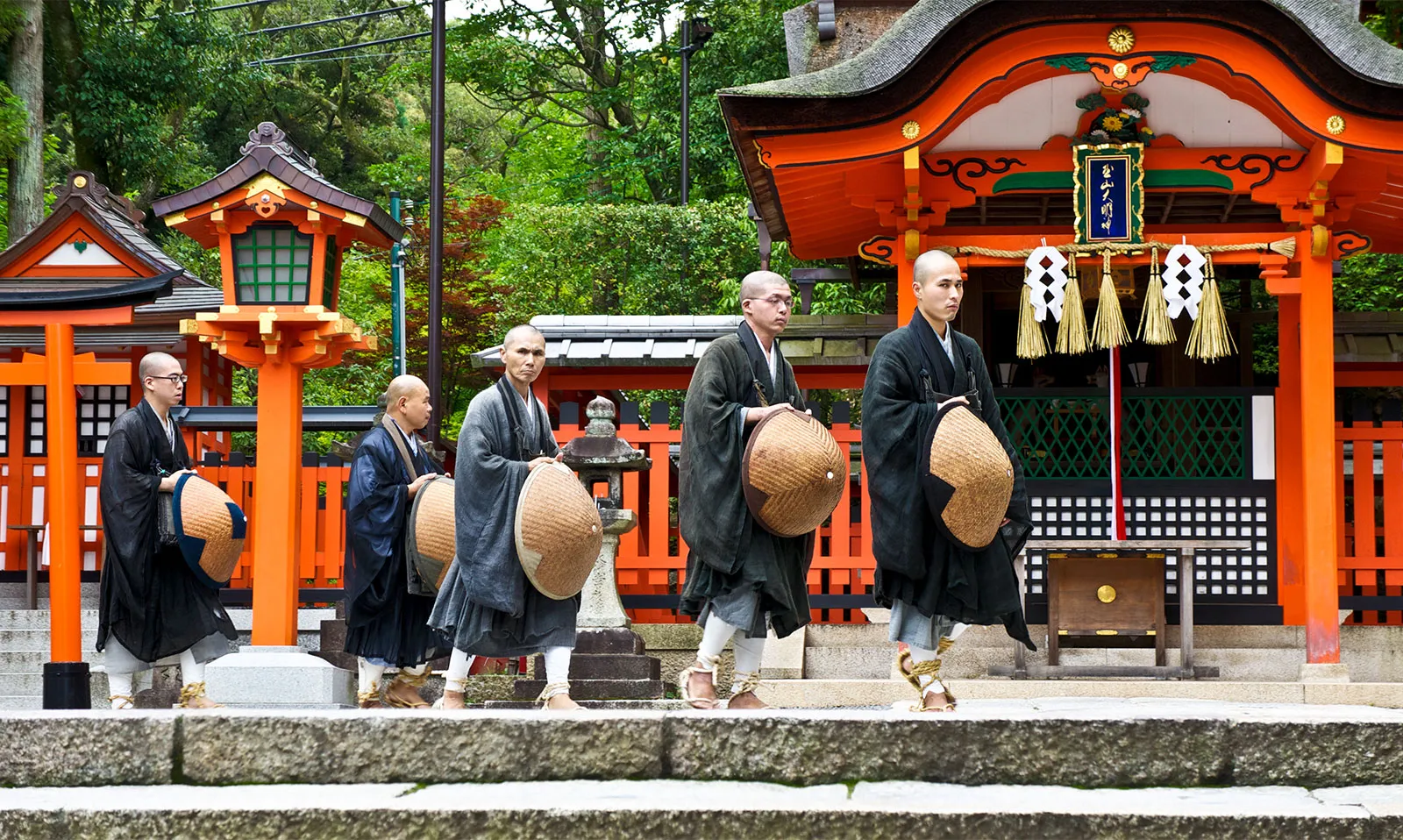Are you trying to become familiar with the culture and religions of people residing in Japan? Well, you have come to the right place. In this special topic, we will be taking a close look into the Japanese people and religions division in Japan. So make sure to follow this topic till the end to find out all.
A close look into the religions in Japan:
It is important to know that in Japan, Buddhism and Shinto are considered to be the main religions of all. It would be correct to say that these religions have been in coexistence for a long time. Most indigenous people based in Japan tend to follow the Shinto religion.
It is due to this religion’s ancient characteristics. Shinto has been alive since the commencement of Japanese culture. On the flip side, Buddhism is influenced right by the mainland. Despite different beliefs, it is important to know people have come to an acceptance of living with these religions across Japan.
Moreover, there is a small minority of people in Japan who follow Christianity and other beliefs. So there is no real religious discrimination against people living in Japan with distinctive beliefs. However, the idea of carrying religious beliefs is quite contrasting to the idea of the west. So that just draws one major line of distinction overall.
Japanese religions and day-to-day lifestyle:
In order to deeply study religions, it is pivotal to study a religion’s role in daily lifestyle. In Japan, you should know that religion isn’t an important subject in daily life. People are mostly busy with their work routine, and they don’t really get extra time for anything else.
Besides, it is important to note that people do follow religious rituals on several occasions. In addition, Japanese people also observe religious festivals and holidays. So religions do make some sort of difference in Japanese people’s lifestyle, but that too occasionally.
Is being religious alienated in Japan?
According to several surveys, Japanese people have a lesser tendency to follow religious practices. Worldly benefits seem to attract the majority of the population of Japan. Besides, it is complicated to draw a line of distinction between Buddhism and Shintoism.
But it is important to know that Muslims and Hindus/Christians are easily distinguished. And also, these religions are found in a small minority when it comes to Japan. So there is no large-scale discrimination when it comes to these two religions.
Lastly, it is crucial to know that most people in Japan don’t follow religious practices. So there is an element of alienation when someone is too religious in Japan. Priorities matter, and that’s where Japanese people have idealized modern ways of things than being too religious.
Conclusion:
So that was all about our today’s vital discussion about Japanese people and religions. It is true that Japan has evolved as a successful economy in the modern days. Also, Japanese people have come to an agreement when following and living with a religion. To find out more, you can visit this web page for complete details.





